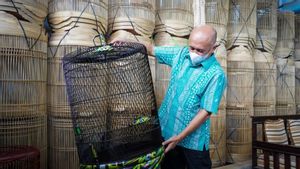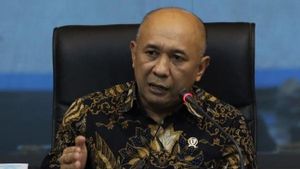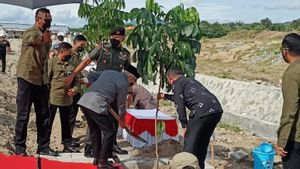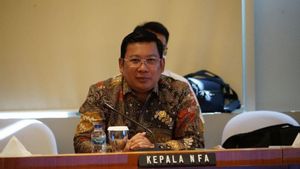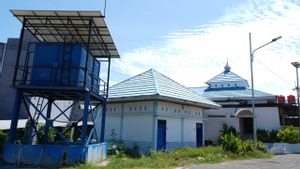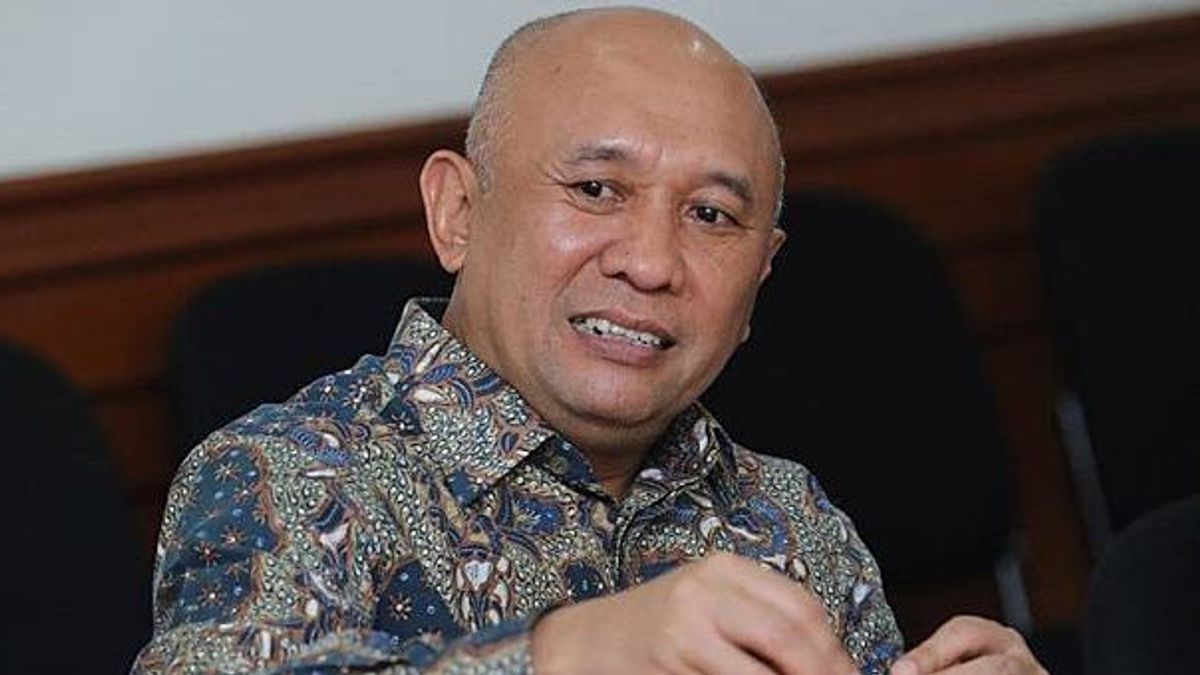
JAKARTA - Minister of Cooperatives and SMEs Teten Masduki stated that the coffee industry is one of the drivers of the national economy. Coffee exports in 2021 will increase compared to last year. Even though production is declining, prices are rising.
"Coffee drives micro, small and medium enterprises (MSMEs) and cooperatives, both upstream and downstream," he said, in the Homeland Coffee Dialogue held by the PDI-P DPP, Monday, January 17.
The former Indonesia Corruption Watch activist believes that national coffee can shift the world's big brands. Coffee, he said, also has the spirit of nationalism for the revival of the Indonesian economy.
Regarding access to financing, continued Teten, President Joko Widodo (Jokowi) has determined that 30 percent of bank loans must be for MSMEs. However, every year people's business credit (KUR) continues to increase, in 2020 IDR 190 trillion, 2021 IDR 285 trillion, 2022 IDR 373 trillion.
"We also support upstream. We cannot build food sovereignty, but small farmers' production base with narrow land. Development of an integrated upstream-downstream business model, starting from production, financing, supply chain, and marketing," he said.
Teten explained that Indonesia has the capital to go global. For example, the Baitul Qiradh Cooperative (KBQ) Baburrayyan Takengon, Central Aceh Regency controls the export of 345 tons of arabica which even fills the stock to Starbucks.
In addition, Teten revealed the challenges of Indonesian coffee production carried out by MSMEs. The challenges, ranging from institutions to access to finance. Therefore, Teten said that his business institutions needed to be strengthened.
SEE ALSO:
"Coffee is how we strengthen our business institutions. It is no longer individual businesses, small farmers, we must consolidate this through cooperatives. So that production costs become more efficient, no longer less efficient," he said.
Then, continued Teten, the productivity of MSME coffee industry players is still stagnant, so it needs to be increased. Then, the quality is not consistent. Therefore, Teten emphasized that the processing method from upstream to downstream must be improved.
The next challenge, said Teten, is the lack of support for research and development (R&D), care and fertilization. In fact, according to Teten, Indonesia has had a coffee research center for a long time.
"We have had a Puslitkoka (Center for Cocoa and Coffee Research) in Jember since the colonial era. There are many great researchers and many research results that we need to continue to support the development of production," he said.
The English, Chinese, Japanese, Arabic, and French versions are automatically generated by the AI. So there may still be inaccuracies in translating, please always see Indonesian as our main language. (system supported by DigitalSiber.id)


